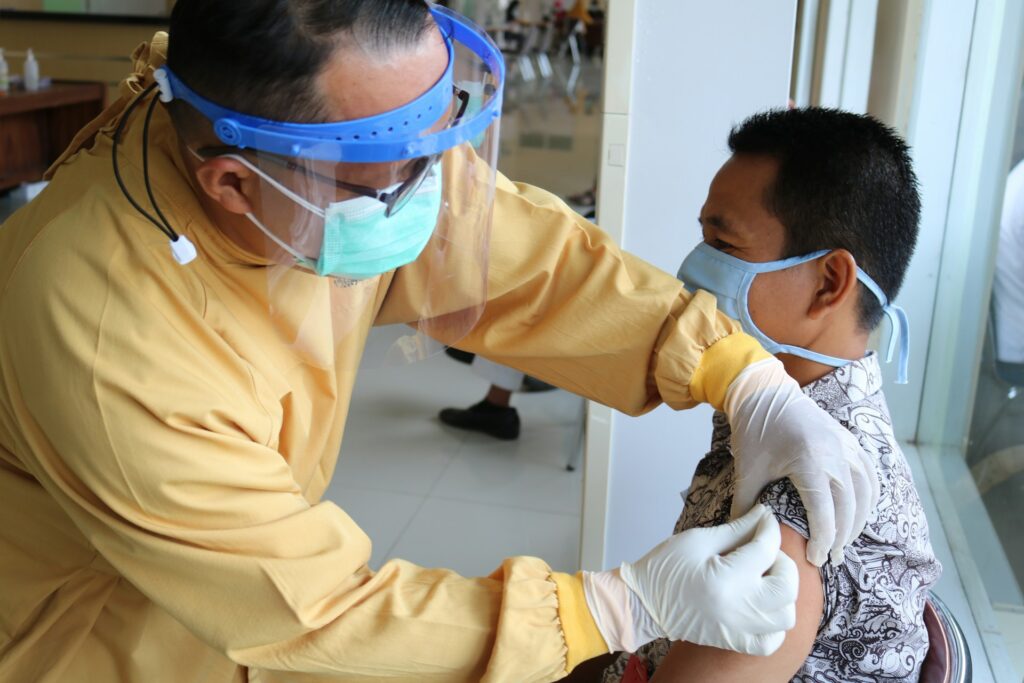Introduction: In today’s fast-paced world, access to quality medical services is crucial for maintaining overall well-being. Understanding various medical conditions, their symptoms, causes, and available treatments can empower individuals to make informed decisions about their health. This comprehensive guide aims to shed light on different aspects of medical services, covering everything from types and categories to preventive measures and expert insights.
Define the Health Topic
Medical services encompass a broad spectrum of healthcare provisions aimed at diagnosing, treating, and preventing illnesses and injuries. These services range from primary care provided by family doctors to specialized treatments offered by various medical specialists. Access to medical services ensures timely interventions, improving patient outcomes and quality of life.
Explain Relevance and Importance
Access to medical services is fundamental to promoting public health and well-being. By seeking timely medical attention, individuals can address health concerns before they escalate, reducing the burden on healthcare systems and improving overall population health. Moreover, early diagnosis and treatment can prevent complications, saving lives and reducing healthcare costs in the long run.
Types and Categories
Medical services encompass a wide array of specialties and disciplines, including primary care, emergency medicine, surgery, psychiatry, and more. These services cater to diverse healthcare needs, addressing both physical and mental health conditions. Moreover, medical services can be delivered through various settings, such as hospitals, clinics, and telemedicine platforms, ensuring accessibility for all.
Symptoms and Signs
Recognizing symptoms and signs of illness is essential for seeking timely medical attention. Common symptoms may include fever, fatigue, pain, and swelling, while specific conditions may present with unique signs, such as rash in allergic reactions or tremors in neurological disorders. Understanding these indicators enables individuals to communicate effectively with healthcare providers, facilitating accurate diagnosis and treatment.
Causes and Risk Factors
Understanding the underlying causes and risk factors associated with medical conditions is crucial for prevention and management. Biological factors, such as genetic predisposition, environmental exposures, such as pollutants or pathogens, and lifestyle choices, such as diet and exercise, can contribute to the development of various health conditions. By addressing modifiable risk factors, individuals can mitigate their susceptibility to certain illnesses.
Diagnosis and Tests
Diagnostic tools and tests play a pivotal role in identifying health conditions and guiding treatment decisions. These may include physical examinations, laboratory tests, imaging studies, and specialized procedures, depending on the nature of the illness. Advances in medical technology have led to more accurate and efficient diagnostic methods, enabling healthcare providers to deliver personalized care tailored to individual needs.
Treatment Options
Medical treatments encompass a range of interventions aimed at alleviating symptoms, curing diseases, and improving overall health outcomes. These may include medications, surgical procedures, rehabilitative therapies, and lifestyle modifications. Treatment plans are tailored to each patient’s unique needs, considering factors such as age, underlying health conditions, and personal preferences.
Preventive Measures
Preventive healthcare strategies focus on reducing the risk of illness and promoting overall wellness. These may include vaccination campaigns, health screenings, lifestyle counseling, and environmental modifications. By adopting preventive measures, individuals can proactively safeguard their health and reduce the likelihood of developing chronic conditions, ultimately leading to a higher quality of life.
Personal Stories or Case Studies
Real-life stories and case studies offer valuable insights into the impact of medical services on individuals and communities. By sharing personal experiences, patients can raise awareness about specific health conditions, highlight the importance of early detection and treatment, and inspire others to prioritize their health. These narratives humanize healthcare, fostering empathy and understanding among diverse audiences.
Expert Insights
Quotes and advice from medical professionals provide authoritative perspectives on various healthcare topics. Expert insights offer valuable guidance on disease management, treatment options, and preventive strategies, empowering individuals to make informed decisions about their health. By consulting with healthcare professionals, patients can gain clarity and confidence in their healthcare journey.
Conclusion
In conclusion, access to comprehensive medical services is essential for promoting health equity and improving patient outcomes. By understanding the various types of medical services, recognizing symptoms, addressing risk factors, and seeking timely care, individuals can take proactive steps towards maintaining optimal health. Through collaboration between patients, healthcare providers, and communities, we can create a healthier future for all.

